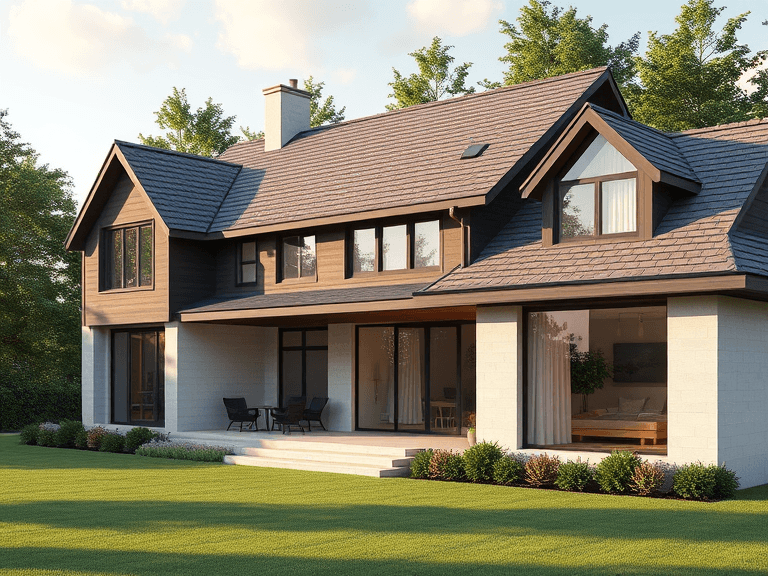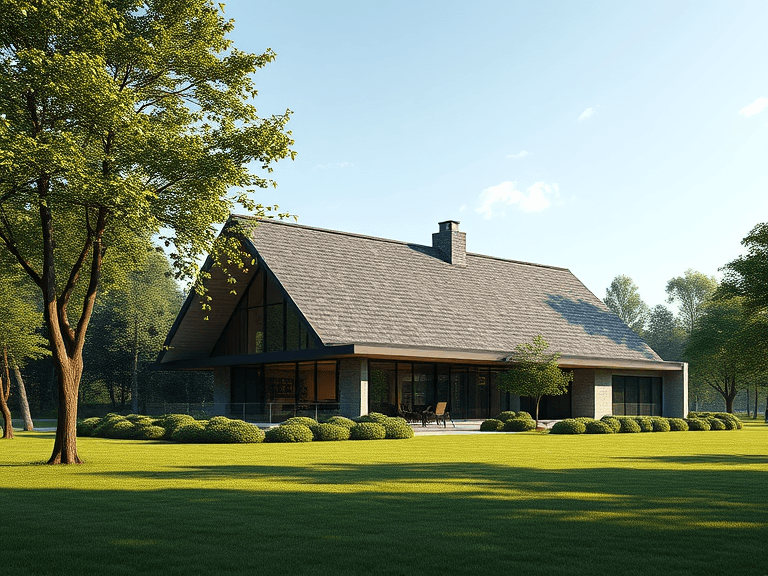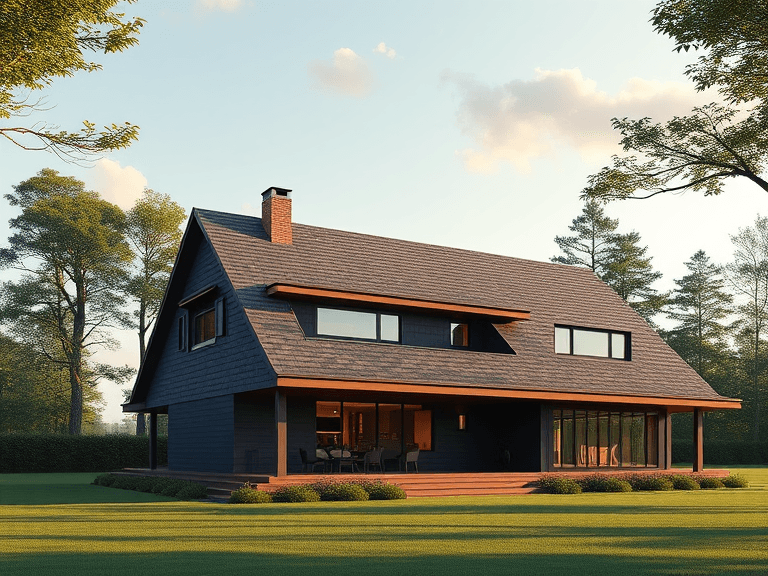
Homeowners in Toronto should be vigilant in monitoring their roofs for various signs that may indicate the need for replacement. One of the most common indicators is the condition of shingles; curling or missing shingles can suggest that the roof has reached its functional limits. Shingles that are excessively curled, cracked, or have bald spots are often a clear indication of wear and tear, suggesting that the protective layer of your roof may no longer be reliable.
Another significant sign to consider is the presence of leaks, particularly in the attic. Water stains on ceilings or walls, damp insulation, and mold growth can all point to compromised roofing materials. An undetected leak can lead to serious structural issues and increase repair costs, making it essential to address any signs of water intrusion promptly.
Moss and algae growth can also be a warning signal. While they might appear benign, both moss and algae can retain moisture against the shingles, causing them to deteriorate more quickly. Homeowners should inspect their roofs regularly for signs of such biological growth, particularly in shaded areas where moss thrives.
Furthermore, the age of your roof plays a crucial role in determining its condition. Most roofs have a lifespan of approximately 20 to 25 years, depending on the materials used. Even if the roof shows no obvious signs of damage, it is prudent to begin planning for replacement as it approaches the end of its expected lifespan. Regular inspections by a professional can help in assessing the roof’s condition accurately and can provide peace of mind as you maintain your home.
Understanding Roof Lifespan and Types
When contemplating a new roof in Toronto, understanding the lifespan of various roofing materials is paramount. The longevity and durability of these materials greatly influence the decision-making process for homeowners. Among the most commonly used materials are asphalt shingles, metal roofing, and flat roofs, each presenting unique characteristics that cater to different preferences and budgets.
Asphalt shingles are a popular choice in Toronto due to their affordability and ease of installation. They generally have a lifespan of around 15 to 25 years, depending on the quality and maintenance. Modern advancements have led to the production of architectural asphalt shingles, which offer improved durability and aesthetic appeal, potentially extending their lifespan further. However, it is essential to consider the exposure to weather elements, as severe storms can reduce their longevity.
Metal roofing, while more expensive, is renowned for its durability and can last 40 to 70 years or longer with proper care. Available in various styles and colors, metal roofs are resistant to wind, fire, and corrosion, making them especially suitable for Toronto’s varied climate. Investing in metal roofing can be beneficial for environmentally-conscious homeowners as it is often made from recycled materials and is highly reflective, reducing cooling costs in summer.
Flat roofs, commonly seen in commercial buildings but also utilized in residential homes, typically have a shorter lifespan of 10 to 20 years. Their longevity largely depends on the roofing material used, which can range from rubber membranes to modified bitumen. Proper drainage is critical for flat roofs to prevent pooling water, a common concern in Toronto’s rainy seasons. Choosing the right roofing type ultimately hinges on factors such as budget, desired aesthetics, and specific environmental conditions, enabling homeowners to make an informed decision regarding roof replacement.

The Cost of Roof Replacement in Toronto
Replacing a roof in Toronto is a significant financial commitment that requires careful consideration. Typically, roof replacement costs can vary widely depending on several factors, including the type of materials chosen, the size of the roof, and the complexity of the installation. On average, homeowners in Toronto can expect to pay between $5,000 to $15,000 for a complete roof replacement, though costs can go higher for premium materials or larger properties. Common roofing materials include asphalt shingles, metal, and tile, each with different price points and lifespans.
Labor costs play a significant role in the total price, as skilled roofing contractors charge for their expertise. In Toronto, labor rates can range from $50 to $100 per hour, potentially leading to substantial overall expenses. It is essential to obtain multiple quotes from different contractors to ensure competitive pricing and assess the range of services offered. Additionally, homeowners should consider any extra costs such as permits, which may be required for certain types of roof replacements, or the expense associated with removing an old roof. The latter can also add to labor costs, as disposal and debris management require additional efforts from contractors.
For those who might find the upfront costs overwhelming, financing options are available. Many roofing companies offer financing plans that allow homeowners to pay for their roof replacement over time. This approach can alleviate immediate financial pressure, making it easier to invest in a quality roof that provides long-term benefits. Budgeting for a new roof is crucial, as investing in durable materials can enhance property value, improve energy efficiency, and ultimately save on repair costs in the long run. A well-maintained roof not only protects your home but also represents a sound financial investment for the future.
Choosing the Right Roofing Contractor
Selecting a reliable roofing contractor in Toronto is a crucial step to ensure a successful roofing project. To begin with, it is essential to verify that the contractor holds the necessary licenses and insurance. A licensed roofing contractor demonstrates adherence to safety standards and building codes, giving homeowners peace of mind. Additionally, insurance protects both the homeowner and the contractor in case of accidents or property damage during the roofing installation.
Next, prospective clients should delve into online reviews and testimonials. Numerous websites and platforms provide insights into past customers’ experiences. Pay attention to consistent themes in reviews—be they positive or negative—as they can offer valuable information regarding the contractor’s reliability and quality of service. It is also advisable to request references directly from the contractors. Talking to previous clients provides firsthand accounts of the contractor’s work ethic, timelines, and overall satisfaction.
Obtaining multiple estimates is another critical aspect of the decision-making process. By comparing different contractors’ quotes, homeowners can better understand the prevailing market rates and the specific services offered. A detailed estimate should outline materials, labor costs, and any additional charges, allowing for transparency throughout the project.
While evaluating potential contractors, be vigilant for red flags that may indicate untrustworthiness. Unusually low bids can signal subpar materials or inadequate workmanship, while a lack of communication or unwillingness to provide documentation may suggest a dubious operation. Ensuring that you choose a roofing contractor who is credible and trustworthy can significantly influence the outcome of your roofing project and safeguard your investment.



